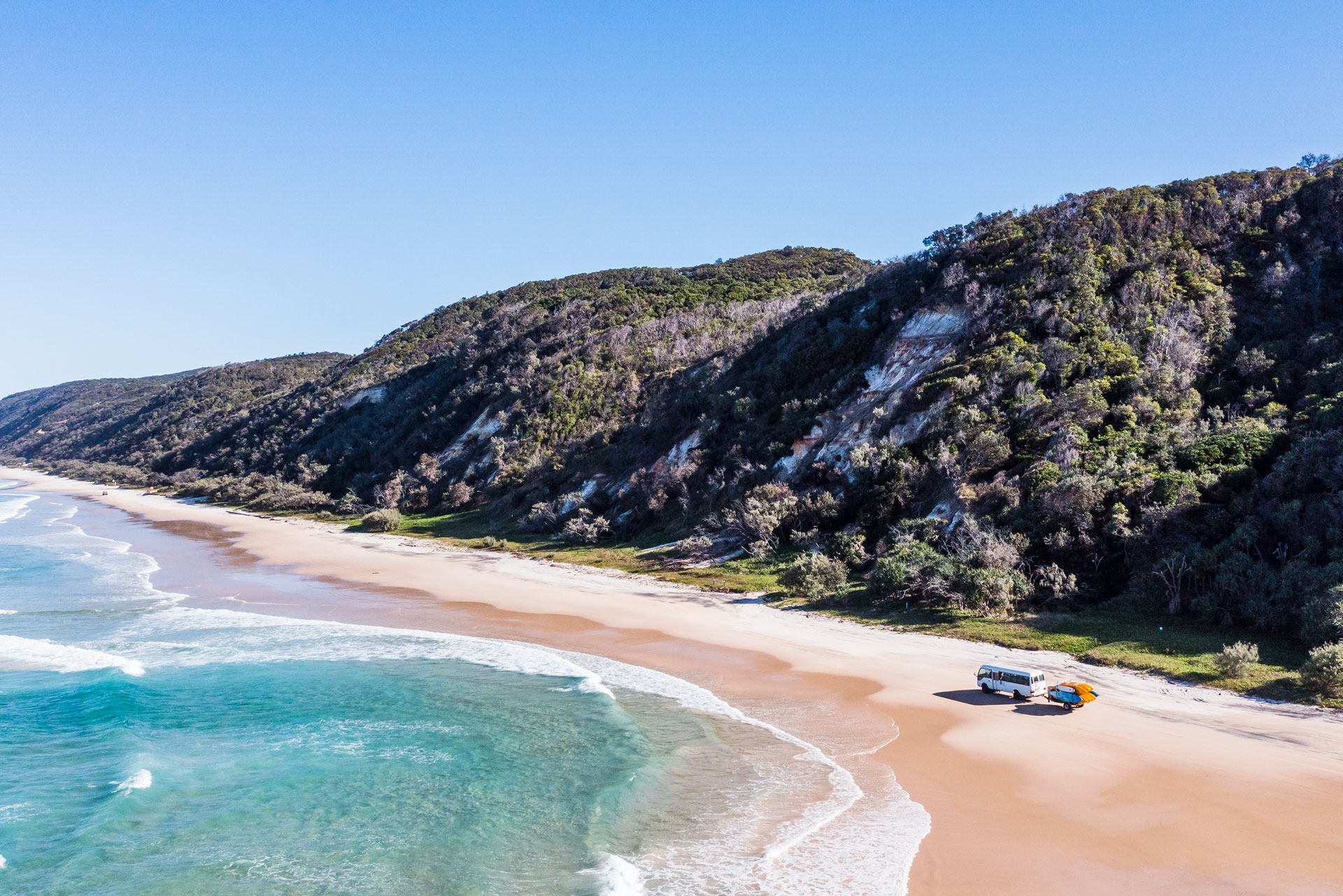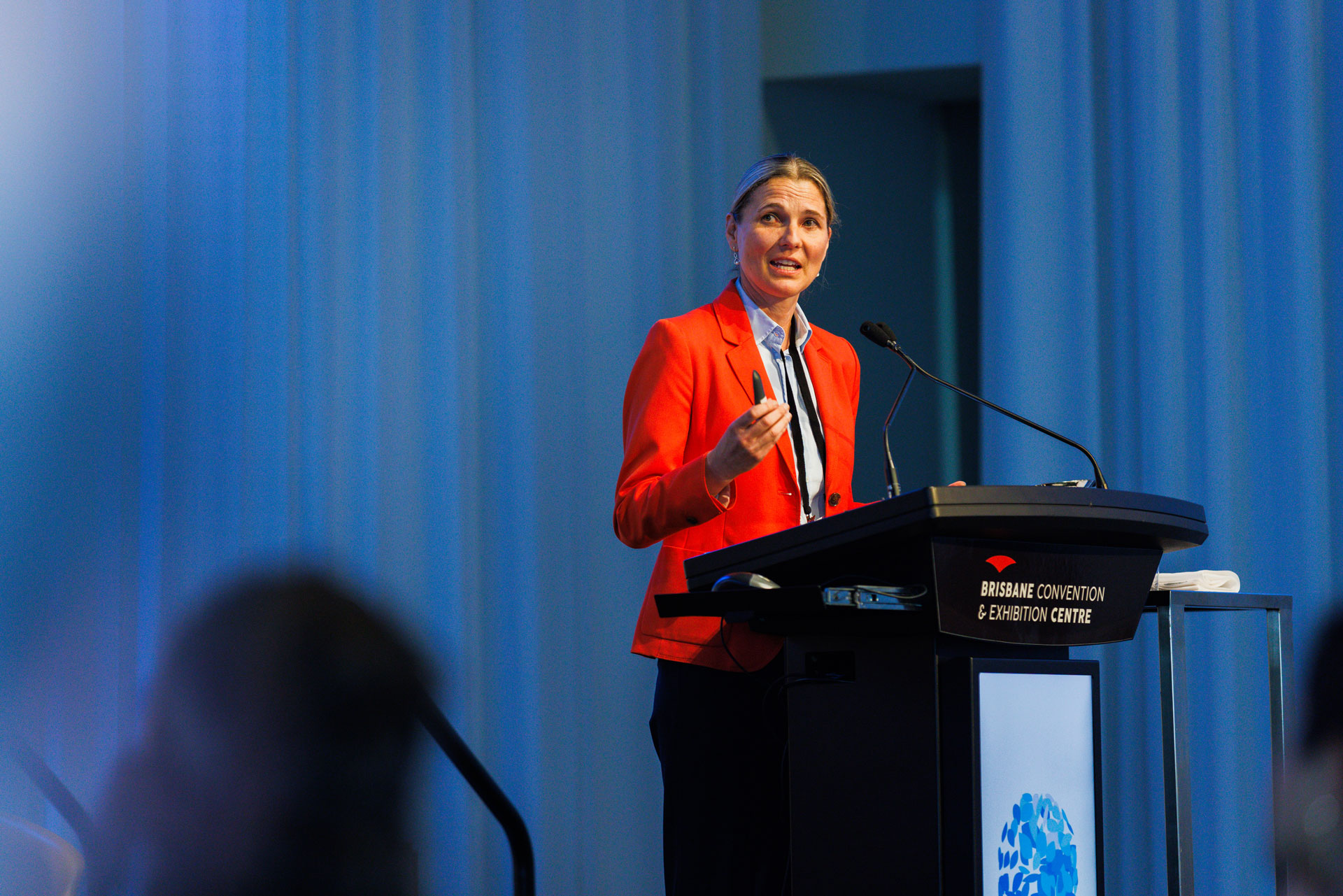5 ways Prince Harry’s sustainable travel initiative could make tourism greener
By Emily Chan

Did you take a long-haul flight to reach your last holiday destination? How eco-friendly was your hotel? Did your trip benefit the local community? These are some of the questions that Prince Harry wants you to consider when planning your next trip. The Duke of Sussex and his family came under scrutiny last month for their use of private jets, although he says he offset their CO2 emissions.
Royal drama aside, the fact remains that tourism, for all its merits, is a threat to the future wellbeing of our planet. And travellers are more conscious of this issue than ever: according to Booking.com, 55 per cent of global travellers say they’re more determined to make sustainable travel choices than they were a year ago, but lack the knowhow and appealing holiday options.

“Our world faces environmental challenges of unprecedented scope and scale,” Prince Harry explained at the launch of Travalyst, a new initiative that brings together major industry players (including TripAdvisor, Skyscanner, Booking.com, Ctrip and Visa) to reduce overtourism, tackle climate change and protect wildlife. He continued: “I believe we can — and we must — find new ways to minimise the dangers and maximise the opportunities of tourism.”
According to a 2018 study published in Nature Climate Change, around 4.5 billion tonnes of global carbon emissions can be attributed to tourism — accounting for 8 per cent of global greenhouse gas emissions, a figure four times higher than previous estimates. And the problem is only set to get worse: the UN World Tourism Organisation (UNWTO) predicts there will be 1.8 billion international tourists by 2030 (for context, there were around 25 million in 1950). Here, Vogue looks at five ways to make travel greener.
Air travel
Reducing emissions across the board is crucial, and the aviation industry — responsible for five per cent of greenhouse gases, according to the Climate Action Network — is no different. “There will have to be some significant changes to the way we fly and [how we] manage society’s apparent need to undertake all this long-distance air travel,” says Lucy Budd, professor of air transport management at De Montfort University.

Research into more sustainable energy sources such as biofuels, electric and hydrogen-powered planes is taking place, but progress is slow. “Changing to a wholly different source of power creates all sorts of barriers to implementation; it’s very difficult to roll that out on a global scale,” adds Budd. “Biofuels work, but can we make enough of [them] and at the right price? At the moment, the answer is no.”
In the meantime, consumers have the power to make conscious choices about which airlines they use, and whether to fly at all. Environmental group Atmosfair releases an annual Airline Index, ranking the carbon efficiency of 200 airlines around the world. Carbon offsetting, which involves donating to environmental projects to balance out aviation emissions, is also a way to help reduce your footprint, but it’s far from a perfect solution. “There’s the issue of transparency,” Budd explains, adding that there’s also the question of how ethical these schemes actually are.
Eco-friendly hotels
Eco-hotels and lodges have led the way when it comes to sustainability, but still remain relatively niche. However, an increasing number of hotel chains are also beginning to take action. “Now what we’re seeing is large chains — those you wouldn’t normally called eco-hotels — engaging in sustainability,” says Olivia Ruggles-Brise, strategy director at World Travel and Tourism Council (WTTC).

Green initiatives adopted by hotels include reducing their carbon footprint, water usage and waste, as well as sourcing from responsible suppliers. Look for hotels that have been accredited by organisations such as EarthCheck Company Standard and Biosphere Responsible Tourism. “Consumer demand has a role to play in making companies do even more, and do better, ” adds Ruggles-Brise.
Trusted tour operators
Creating positive impact on local communities is one of the key focuses of Prince Harry’s travel initiative. “If your tour operator has spent a lot of time working with local communities to make sure they get benefits, it’s highly beneficial,” says Megan Epler Wood, director of the International Sustainable Tourism Initiative (ISTI) at Harvard University. She recommends opting for credible tour operators that are based in the country you’re visiting, as they tend to be “a lot more attuned to local needs”. Avoiding overtourism (when particular destinations are flooded by visitors) is also important, as is investment in local infrastructure. “We have to invest more in the destinations, without question; [they’re] lacking the resources to properly manage the [number of] tourists,” Epler Wood continues. “We have a trillion dollar industry here, and a tiny percentage can lead to enormous benefits if it’s allocated in the right way.”
Animal conservation
“There are all kinds of conservation projects funded through tourism,” explains Ruggles-Brise, citing African Parks, an NGO that Prince Harry is president of, as an example. “[It] works with governments to run national parks around Africa, often in places you wouldn’t consider going, using tourism as a mechanism to fund activities in their parks.”

Again, choosing a credible tour operator with clear sustainability policies is vital to ensuring that you’re having a positive impact, but Ruggles-Brise predicts the symbiotic relationship between tourism and animal conservation is only set to increase in future years.
Single-use plastic
Eradicating single-use plastic is crucial across the travel industry; airline passengers alone generate 5.7 million tonnes of waste a year, according to the International Air Transport Association.

Major players are attempting to implement change. Earlier this year, Qantas operated the world’s first zero-waste flight as part of its plan to eliminate 75 per cent of its waste by the end of 2021, while Emirates has also committed to reducing single-use plastic on board. In July, EarthCheck member, InterContinental Hotels Group, announced it will ditch all of its mini toiletries and replace them with refillable bottles by 2021.
EarthCheck helps destinations and organisations across the world to be not only sustainable but profitable enterprises which are good for the planet, good for the communities in which they operate and good for business. Most importantly everything that EarthCheck undertakes is underpinned by evidence based scientific data and performance based metrics.





